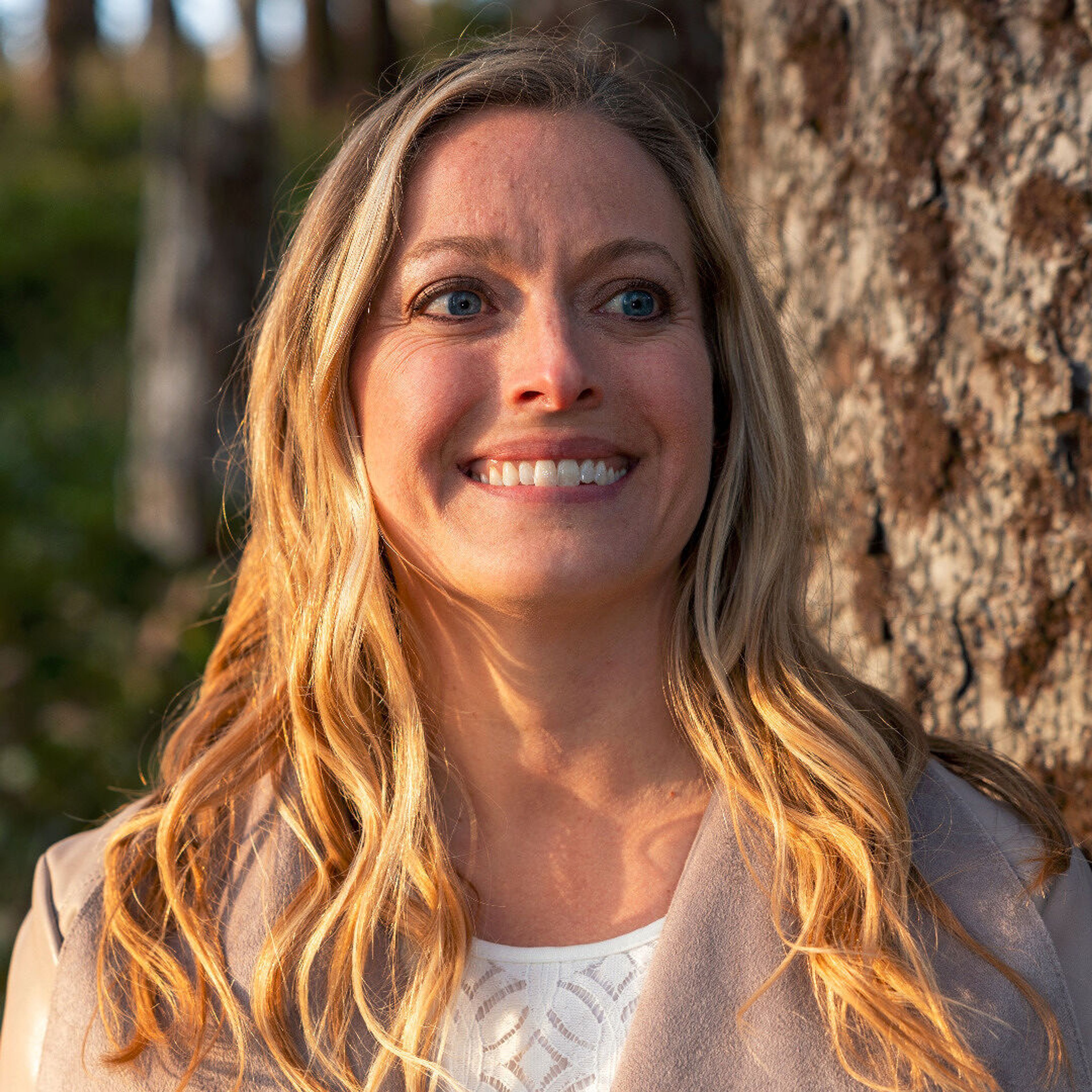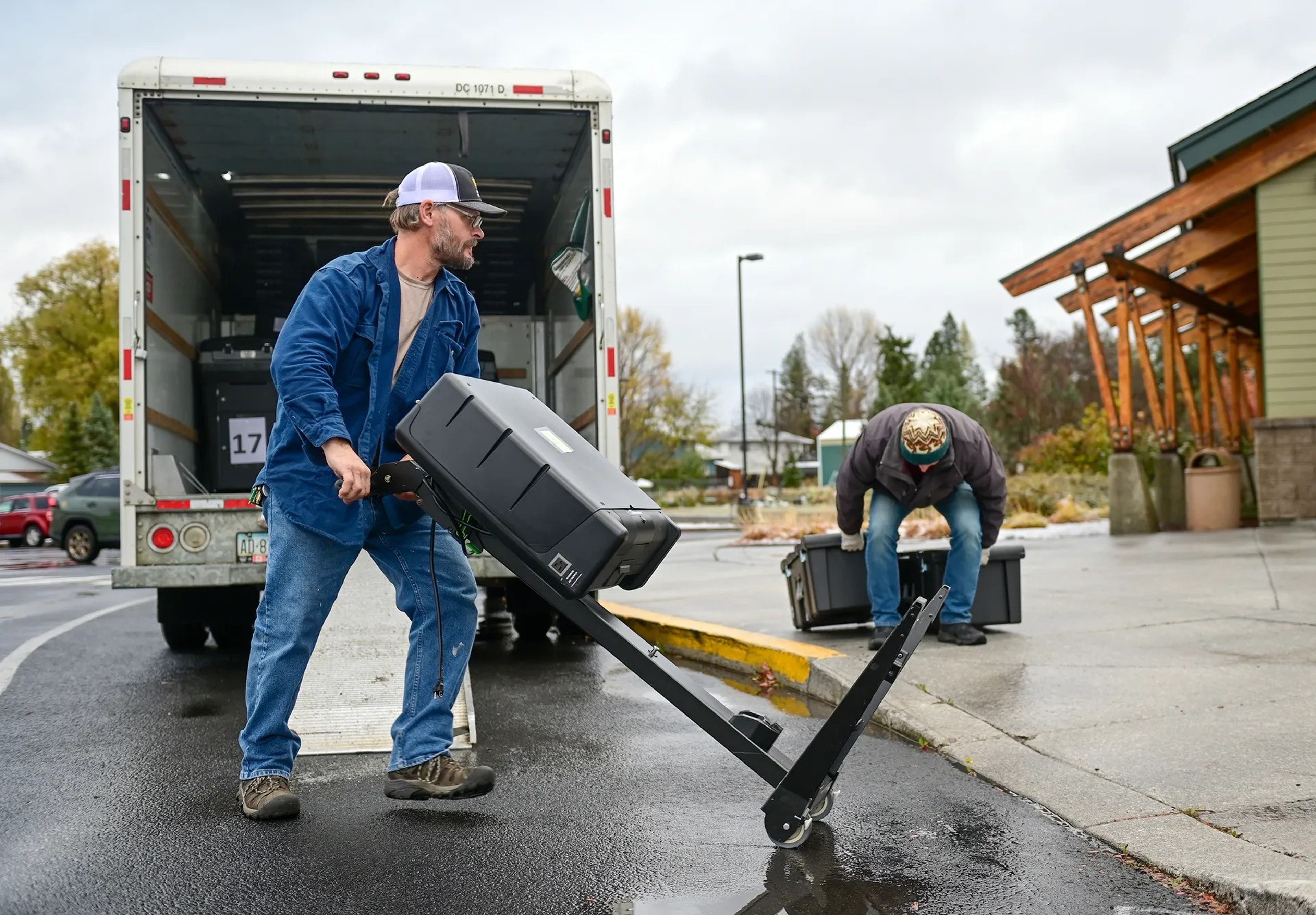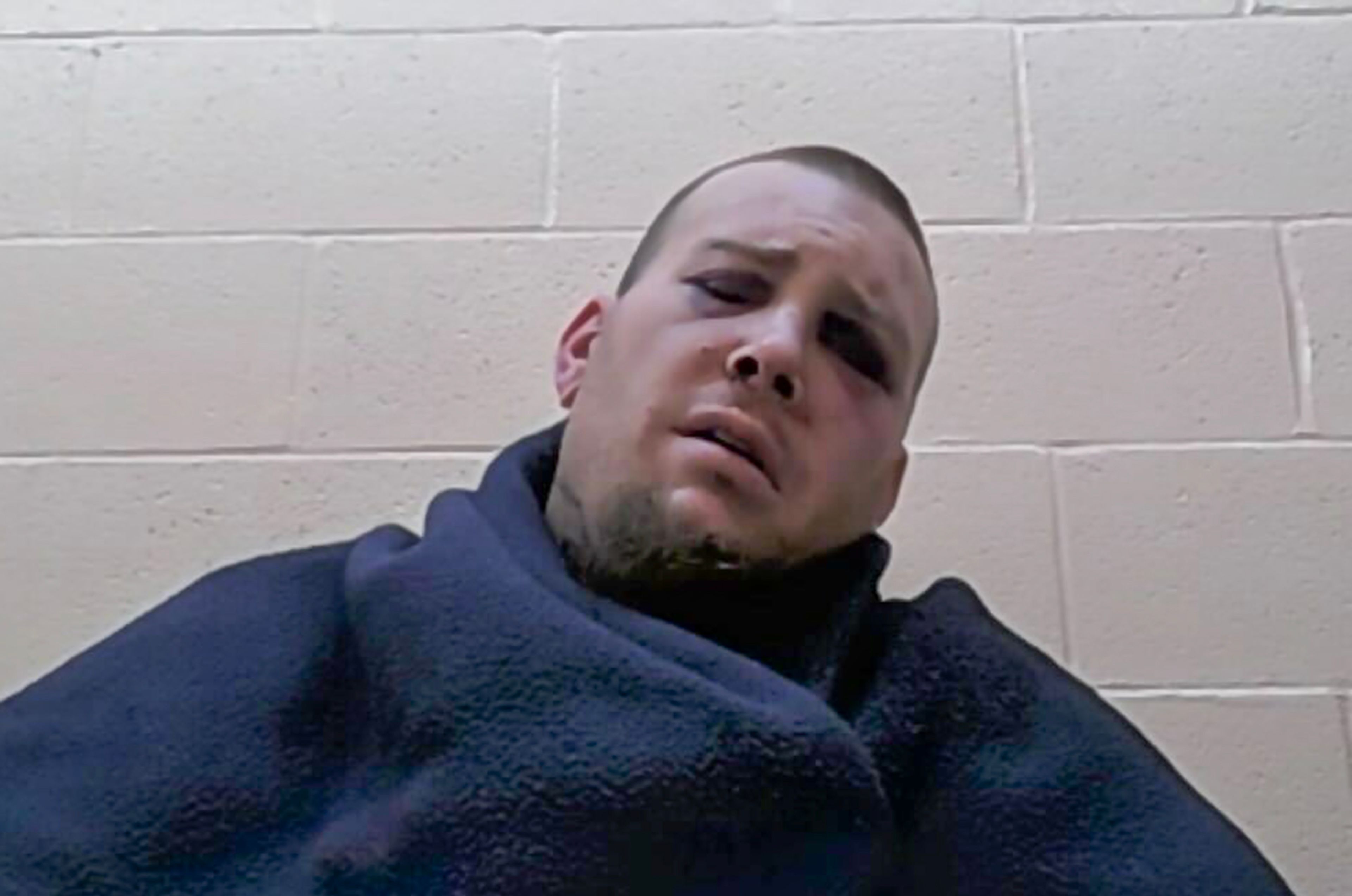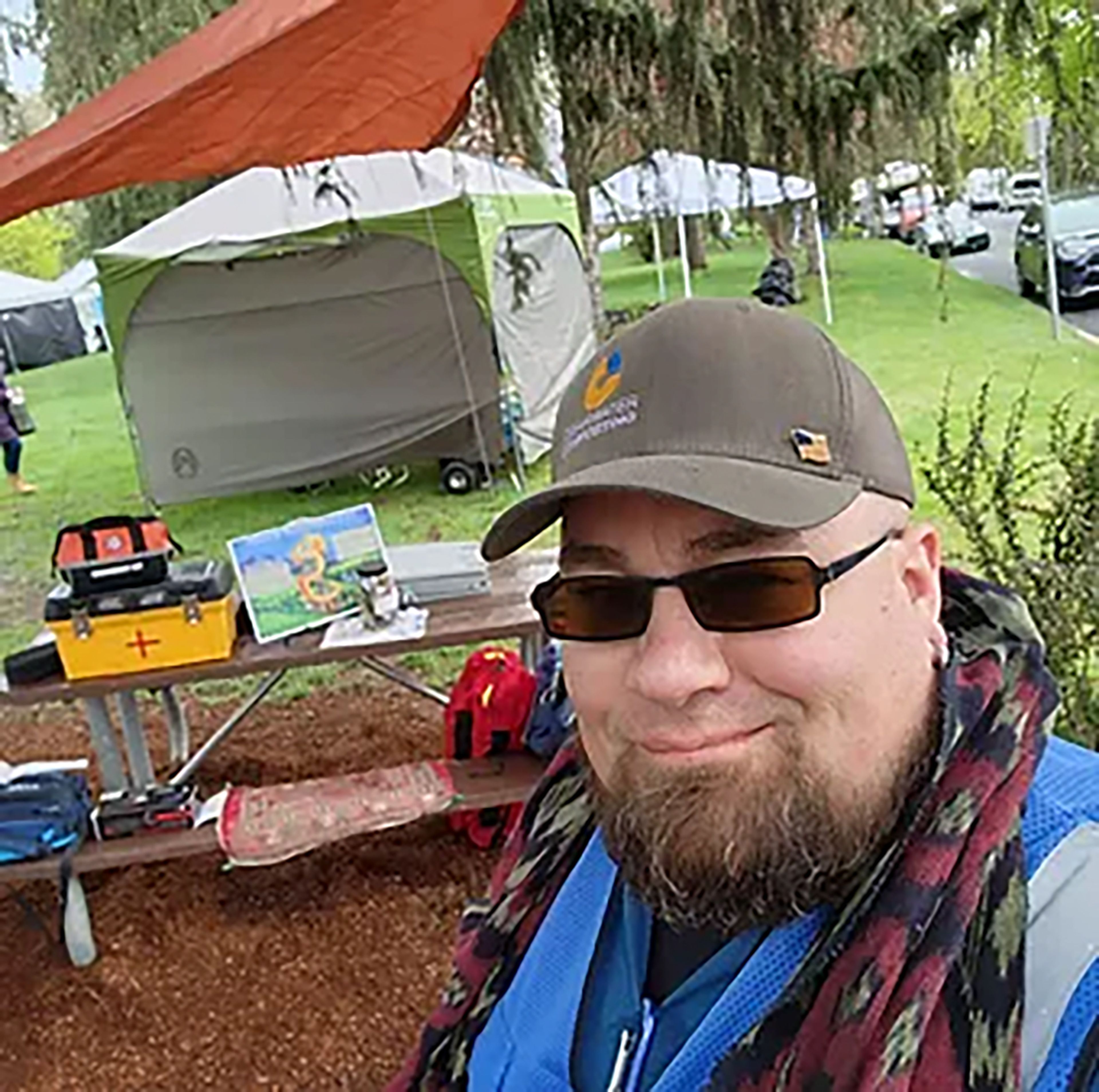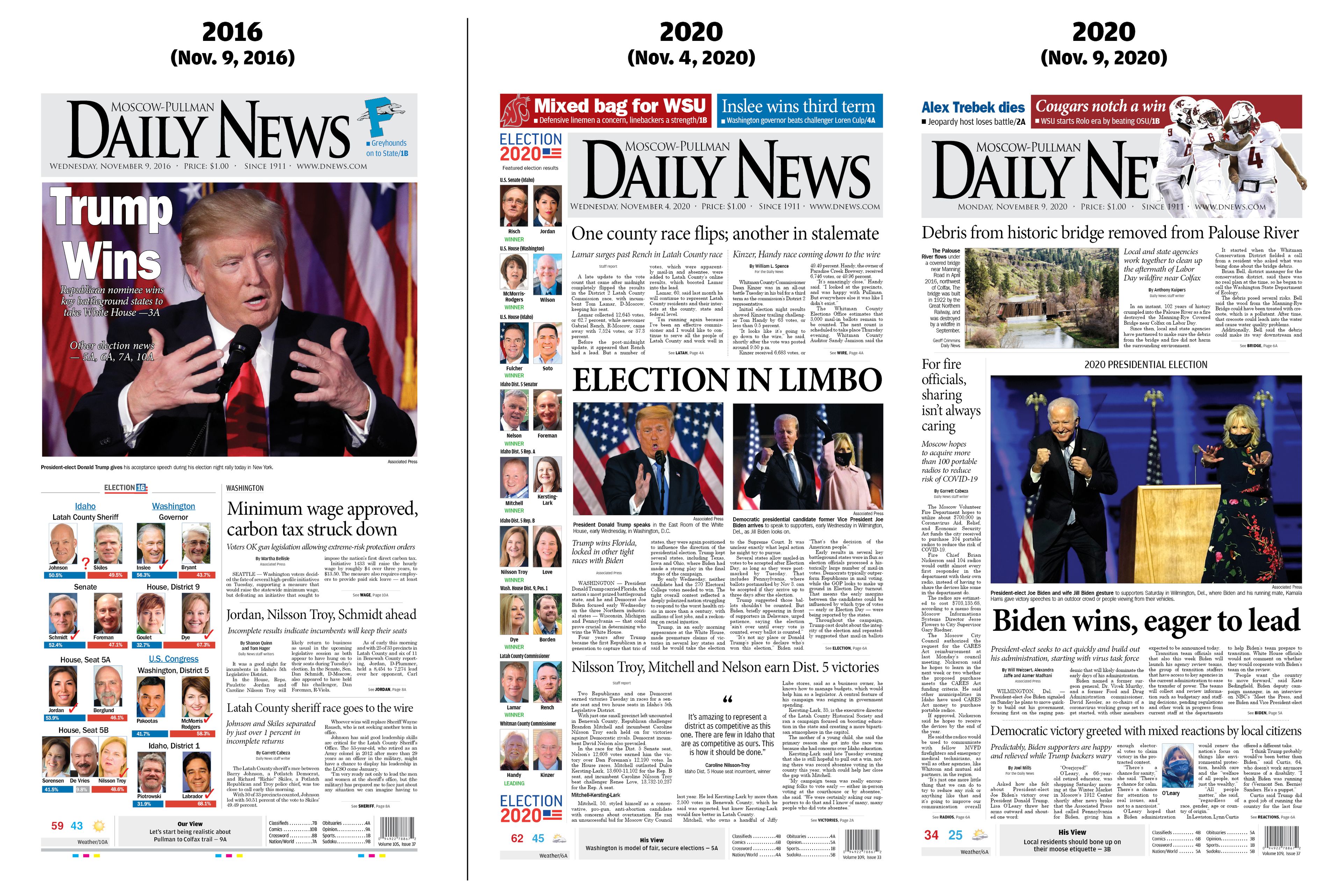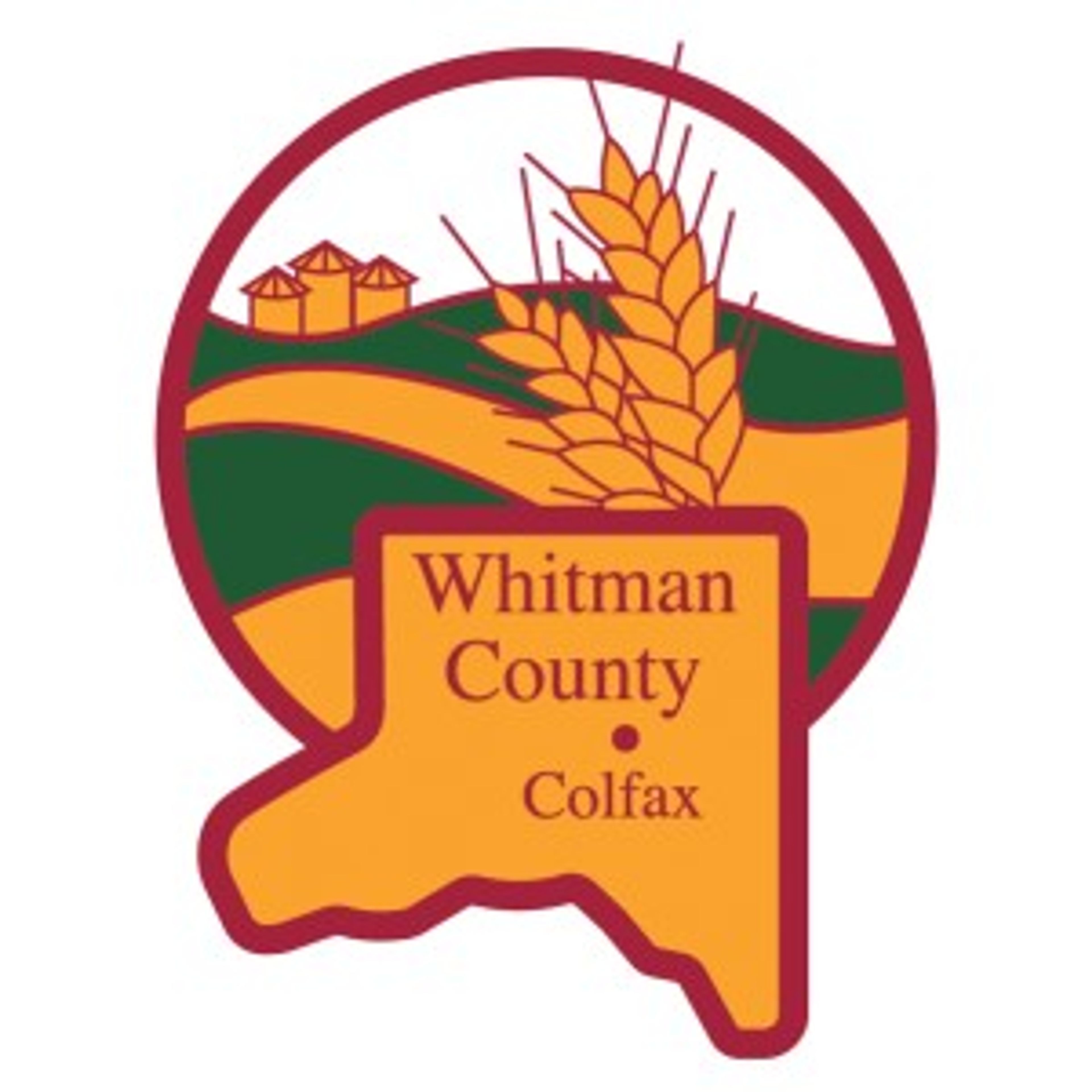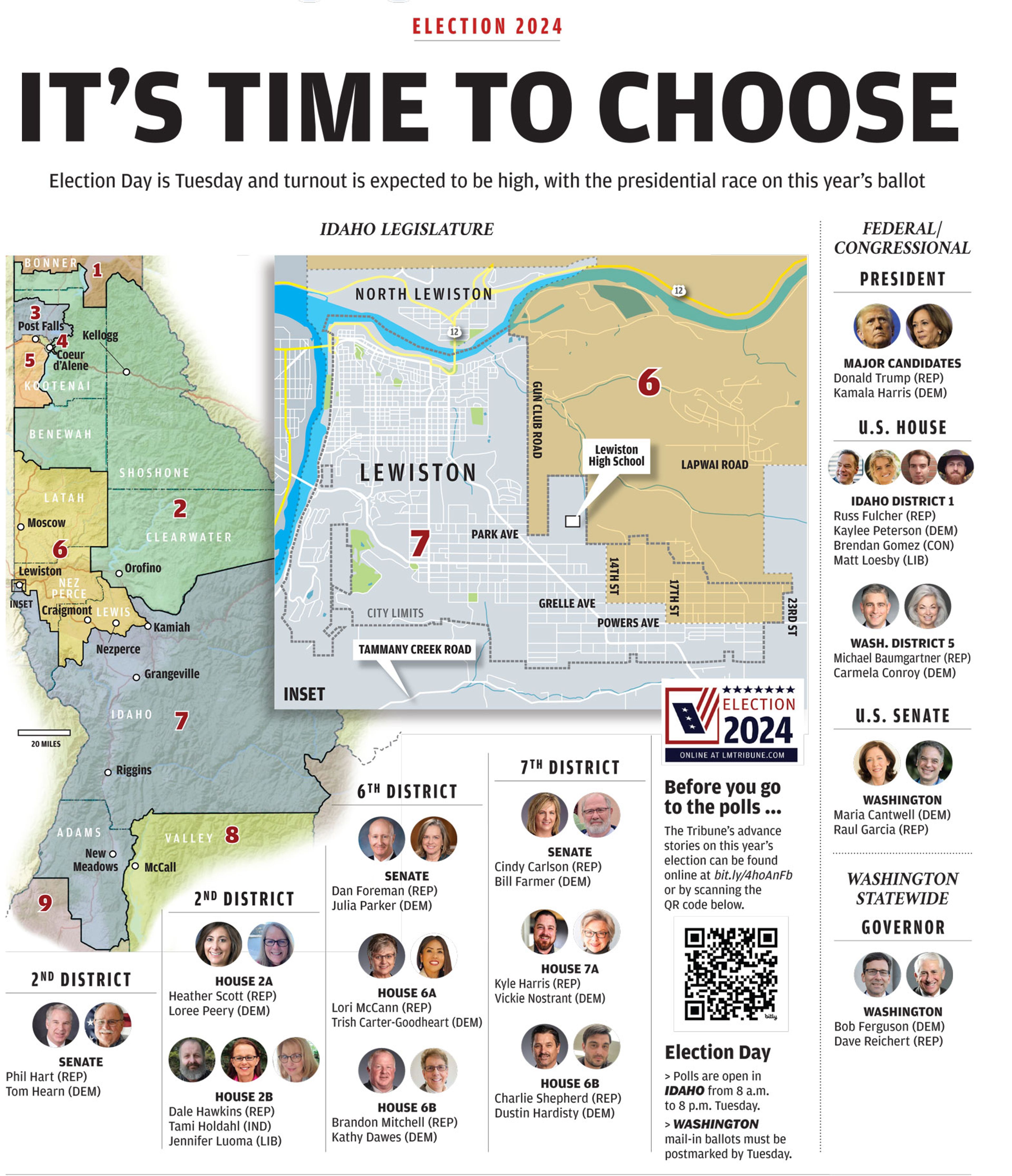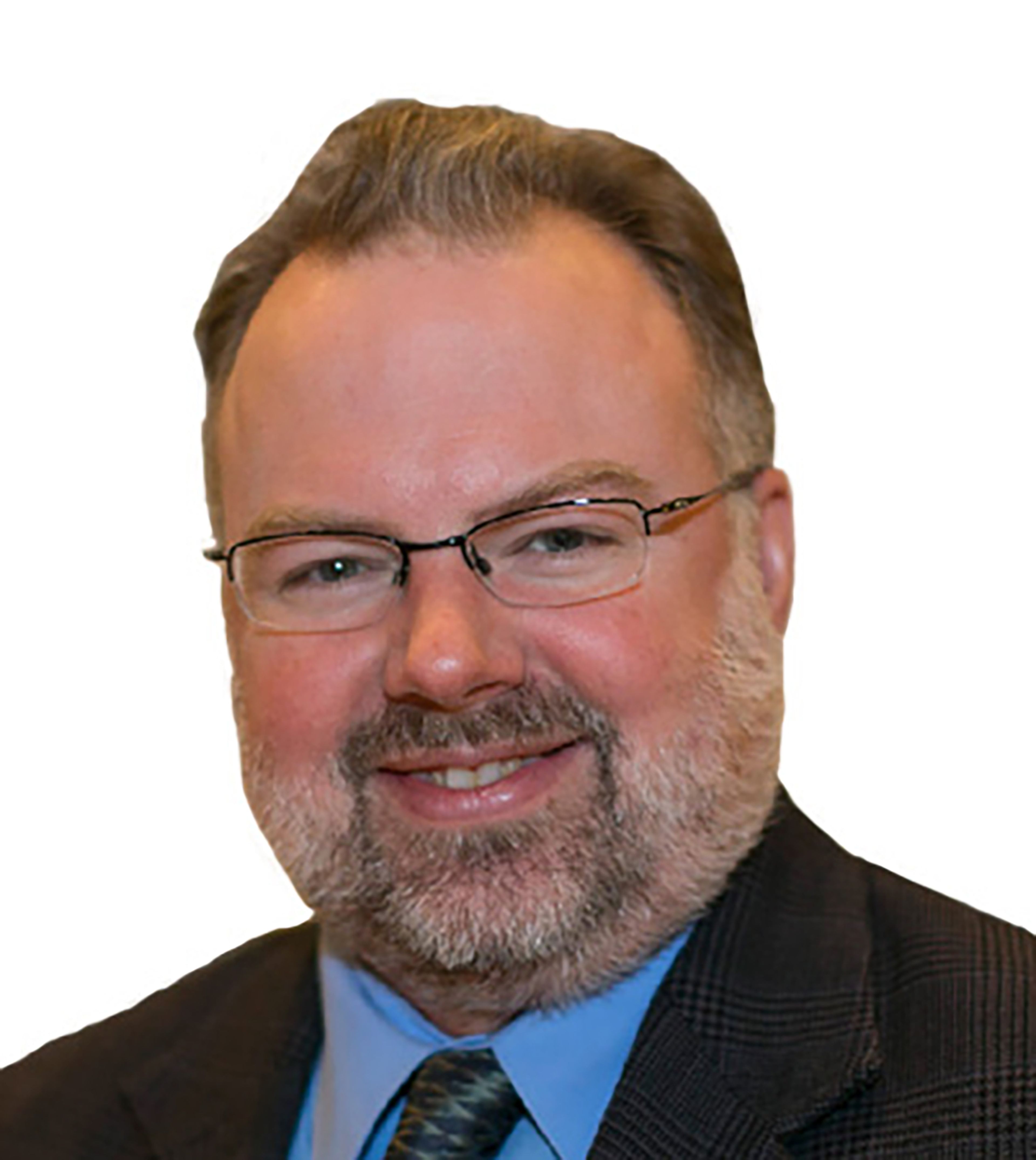Black History Month may be over, but the importance of educating ourselves never stops.
Oblivion is a privilege
Inhabiting this world as a white woman means race rarely crosses my mind.
I am not reminded of my skin color when shopping in a nice store. I don’t get followed as I shop, a common experience for people of color. Even Oprah has experienced racial profiling while shopping.
People who meet me never act surprised when I mention my advanced degree. They don’t ask me where I’m from — no, but like, where am I originally from — implying I don’t belong here.
I’ve never been turned away from a job opportunity with no explanation to later find out that the position was not filled. I’m not given inferior service by restaurant staff.
These are some ways that race never shows up in my life. A lack of stress that I didn’t know to be grateful for until 12 years ago.
My racial education
My shock surrounding the murder of Trayvon Martin led me on a journey through Black history. Mr. Martin would be a 29-year-old man today. But shortly after turning 17 on Feb. 26, 2012, he was killed by an armed citizen while walking through a neighborhood. Many Black folks have been killed by police or citizenry since Mr. Martin. Too many.
It was important to me to educate myself since so much history was skipped by my private and public education curricula. Over the last 10 years, I’ve read 20-plus books dealing with racism in the United States. I knew not to pester my Black friends with my ignorance. It’s not a random Black person’s job to be my racism tutor. Instead, I intentionally acquired resources that people of color already created. Countless documentaries, online courses and books exist with which to educate ourselves.
In school, I never learned about Seneca Village, N.Y. (the former thriving Black community and current site of Central Park). The Trail of Tears, the Trail of Death and the many brutal indigenous massacres were skipped over. The Tulsa Race Massacre was news to me in 2020, despite happening in 1921. Redlining (the banning of people of color from buying homes in “white” neighborhoods), predatory loans, and how hard it was (and is) for Black people to get equal opportunities for jobs and housing — all skipped.
Racially restrictive covenants are still written in Spokane property deeds. No longer enforceable, yet they remain on the books.
This is a white problem
However uncomfortable that feels, the facts exist. And hiding from facts does not change reality. European immigrants to America created the white race for political power and built our country on stolen land with stolen labor. America’s origin story and the church’s role have been inherently racist in ways we remain blind to.
Distancing ourselves, denying our group’s role, or getting paralyzed by shame does nothing to change reality. Reverting to “whataboutism” with Black-on-Black crime stats lacks nuance and compassionate understanding.
It’s on us to take ownership of the ugly parts of American history and make actionable, practical amends. Racism hurts us all, even those of us clinging to the top of the ladder.
Let us fight for equity and create opportunities for those who, through centuries of concerted efforts, have been denied chances to climb the ladder of success. Let us investigate the systems to which we belong. How would a person of color interact with them? Let us hunt for injustice and hold parties responsible when we see it.
To finally achieve liberty and justice for all.
Hayward is a former Christian and the author of a spiritual memoir, “Giving Up God: Resurrecting an Identity of Love & Wonder,” and a children’s chapter book, “Sedona and the Sloth.”
